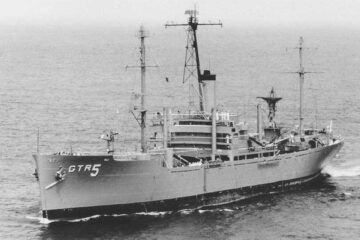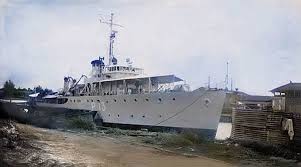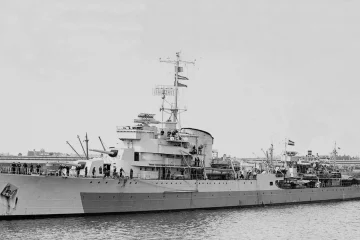In the remote coastal town of Broome, Western Australia, a remarkable story of quiet heroism unfolded during one of the darkest moments of World War II. Lieutenant David Llewellyn “Bo” Davis, a retired pearler turned naval officer, played a vital role in saving lives and coordinating aid during the Japanese attack on Broome on 3 March 1942. For his actions, he was awarded the Netherlands Cross of Merit, one of the few Australians to receive this honour.
From the pearling industry to naval service
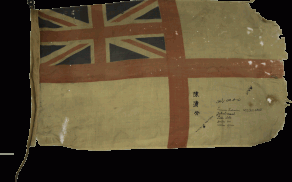
David Davis, born on 13 June 1902, was well known in Broome’s close-knit pearling community before the war. After a career captaining pearling luggers along Australia’s north-west coast, Davis had retired to Melbourne. However, with the outbreak of World War II, he volunteered for service and was appointed Deputy Naval Officer in Charge of the Broome and Port Hedland district, joining the Royal Australian Naval Volunteer Reserve on 31 January 1942.
His wartime duties began with the requisitioning of vessels for military use, including local pearling luggers. One such vessel, later commissioned as HMAS Heather, was used by Davis to conduct a secret reconnaissance mission along the isolated north-western coastline to monitor possible Japanese activity.
The Japanese raid on Broome
On 3 March 1942, Broome became the target of a devastating air raid by Japanese Zero fighters. At the time, the town had become a key evacuation point for Dutch refugees fleeing the Netherlands East Indies following Japan’s rapid advance. Many Dutch military and civilian aircraft had landed or were moored in Roebuck Bay, awaiting further transport south.
The attack destroyed 24 aircraft, including 16 flying boats in the harbour, and killed more than 80 people—many of them Dutch civilians, including women and children. It remains one of the deadliest attacks on Australian soil.
A calm hand in chaos
During the raid and its aftermath, Lieutenant Davis acted decisively. As Broome’s senior naval officer, he took charge of transport logistics and assisted survivors, including Dutch nationals fleeing the burning aircraft. His efforts helped restore order during a time of confusion, panic, and loss. According to the official Dutch citation, Davis “showed conspicuous organising ability, handled transport in a masterly manner and rendered great assistance to those on board the plane.”
His leadership, compassion, and quick decision-making under pressure were later recognised by the Dutch government-in-exile.
Recognition by the Netherlands
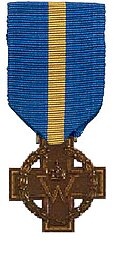
On 16 October 1943, Davis was awarded the Netherlands Cross of Merit (Kruis van Verdienste) by Royal Decree, with the decoration publicly noted in November 1944. The Cross of Merit had been instituted by the Dutch government-in-exile in February 1941 to honour exceptional service to the Netherlands, often by foreign nationals who had assisted under enemy action.
The citation for Davis’s award highlights the importance of the Dutch–Australian wartime alliance and the gratitude of the Netherlands for those who aided its citizens in times of peril.
His award was mentioned in The Daily News (Perth) on 18 July 1944 under the headline “Broome hero gets Dutch medal,” a rare recognition at the time for an Australian serviceman by a foreign government.
A symbol of shared wartime heritage
Lieutenant Davis was discharged from service on 18 February 1946, but his contributions remained an important part of Broome’s wartime history. Today, the Broome Historical Museum preserves several items related to his service, including the White Ensign flag flown on HMAS Heather, signed by his crew, and the original Cross of Merit, donated by Davis’s descendants Brian and Kim Davis.
His actions not only exemplify courage and leadership but also highlight the close cooperation between Australia and the Netherlands during World War II, especially in the defence of Australia’s vulnerable northern coast and in the care of Dutch evacuees.
Remembering Davis
Davis’s legacy is a reminder of the many unsung individuals whose actions saved lives and fostered international solidarity during the Pacific War. As the Dutch Australian Cultural Centre continues to document and celebrate these shared histories, the story of Lieutenant “Bo” Davis stands as a powerful testament to compassion in crisis and the enduring bonds forged during wartime.
See also: Broome Historical Society and Museum.
